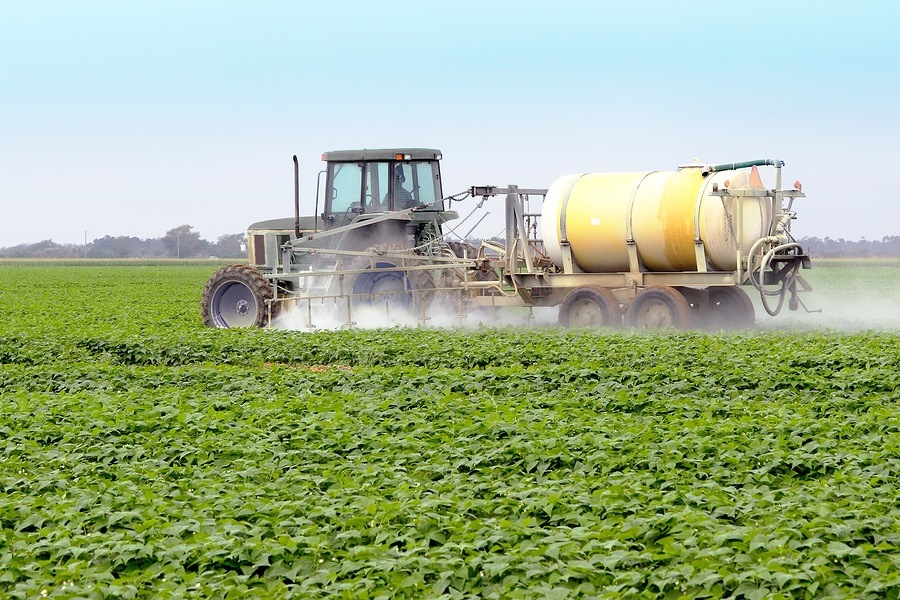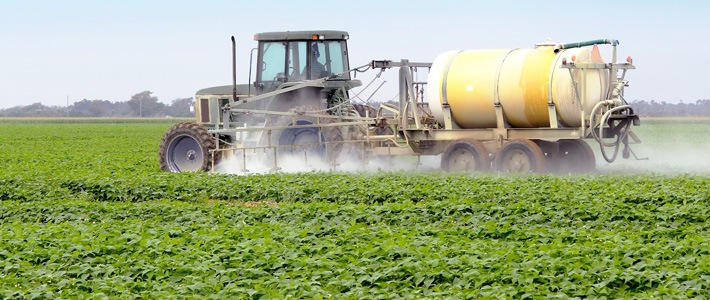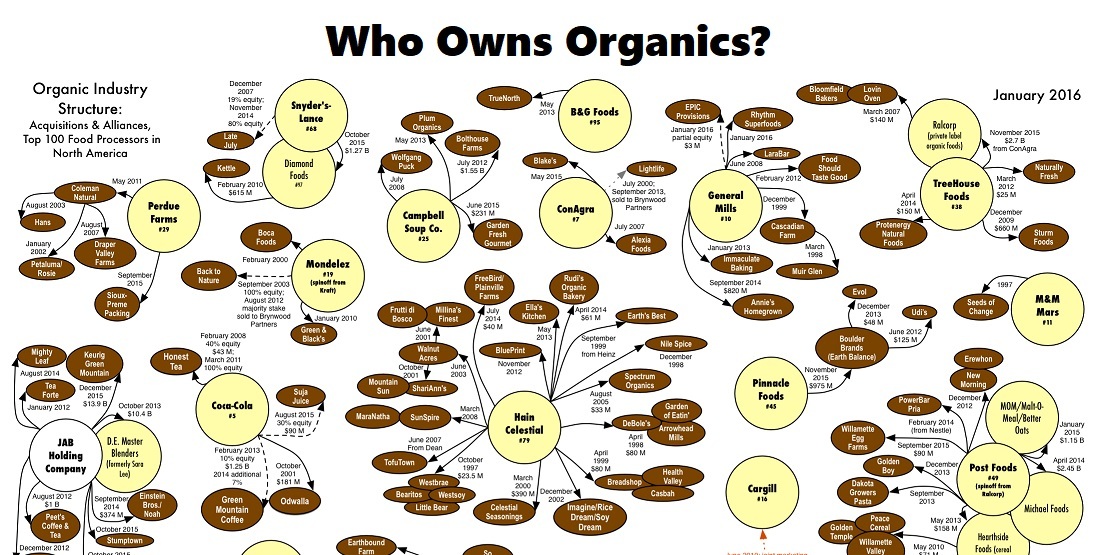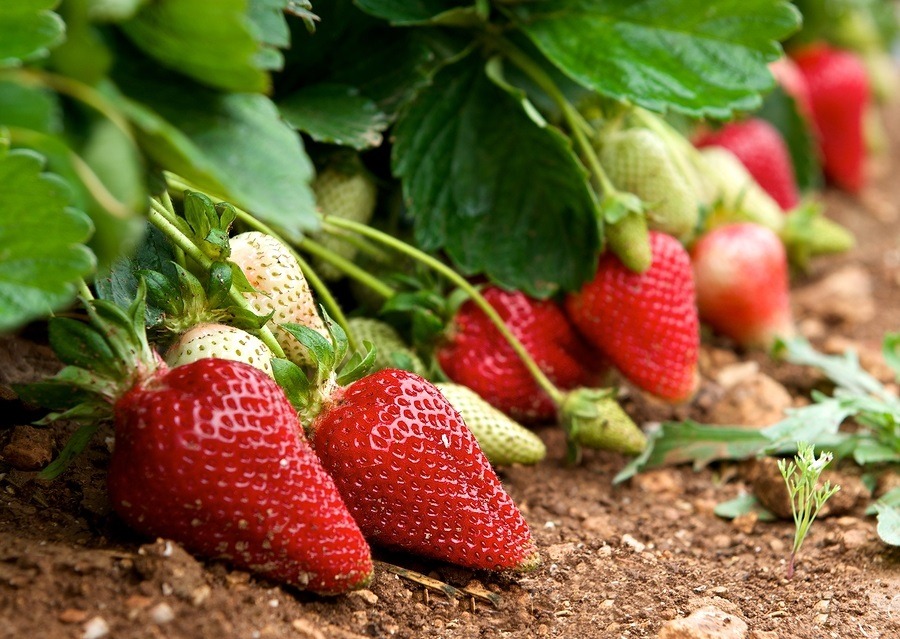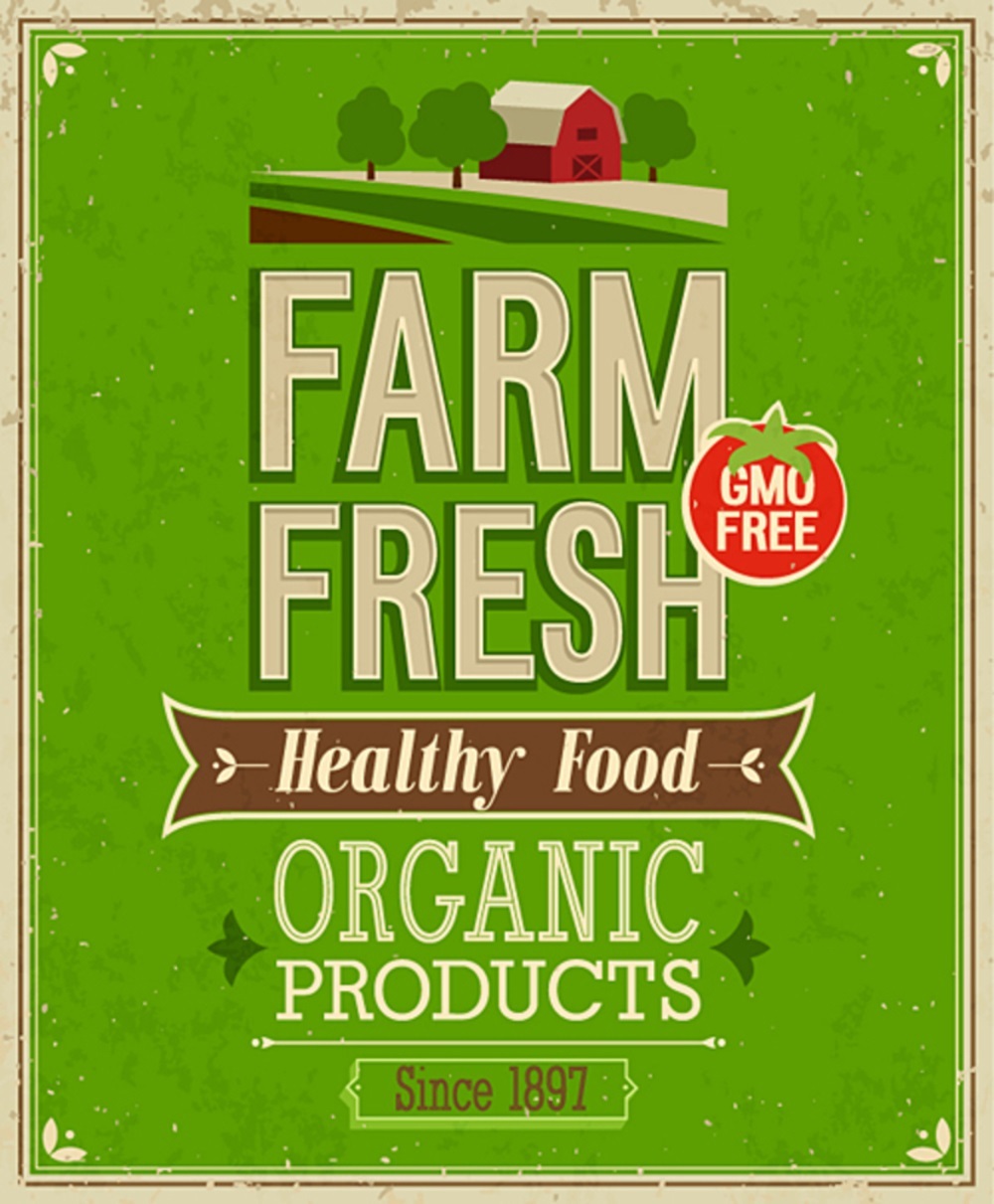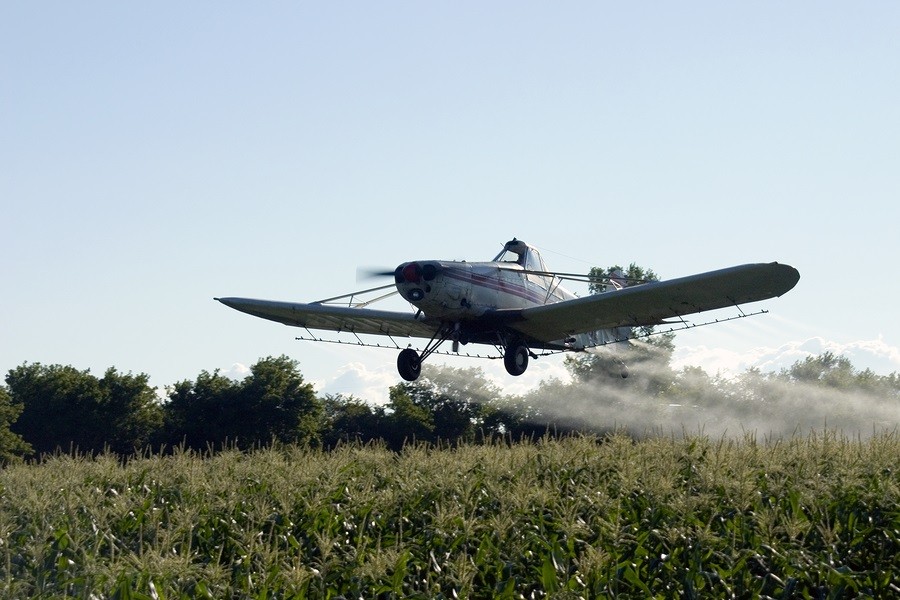FDA Pesticide Report: 84% Fruits, 53% Vegetables, 42% Grains Contaminated in U.S.
Last month the Food & Drug Administration published its latest annual analysis of the levels of pesticide residues that contaminate the fruits and veggies and other foods we Americans routinely put on our dinner plates. The fresh data adds to growing consumer concern and scientific debate over how pesticide residues in food may contribute – or not – to illness, disease and reproductive problems. Over 55 pages of data, charts and graphs, the FDA’s “Pesticide Residue Monitoring Program” report also provides a rather unappetizing example of the degree to which U.S. farmers have come to rely on synthetic insecticides, fungicides and herbicides in growing our food. We learn, for instance, in reading the latest report, that traces of pesticides were found in 84 percent of domestic samples of fruits, and 53 percent of vegetables, as well as 42 percent of grains and 73 percent of food samples simply listed as “other.” Roughly 94 percent of grapes, grape juice and raisins tested positive for pesticide residues as did 99 percent of strawberries, 88 percent of apples and apple juice, and 33 percent of rice products, according to the FDA data.




